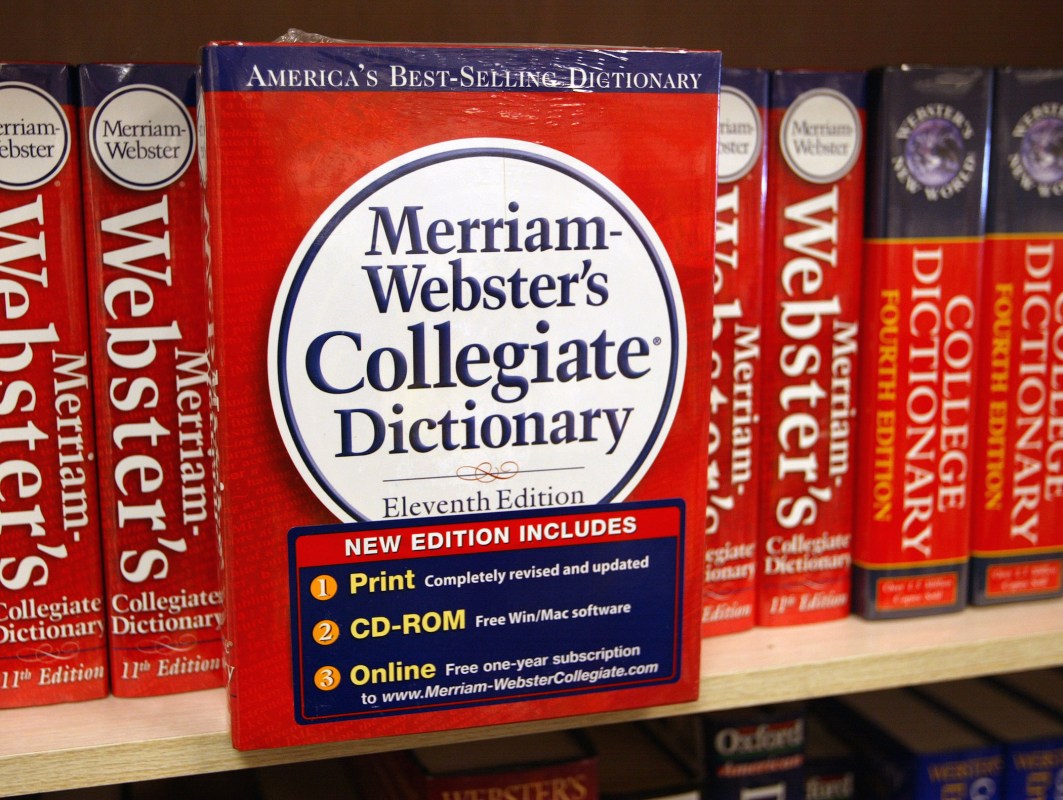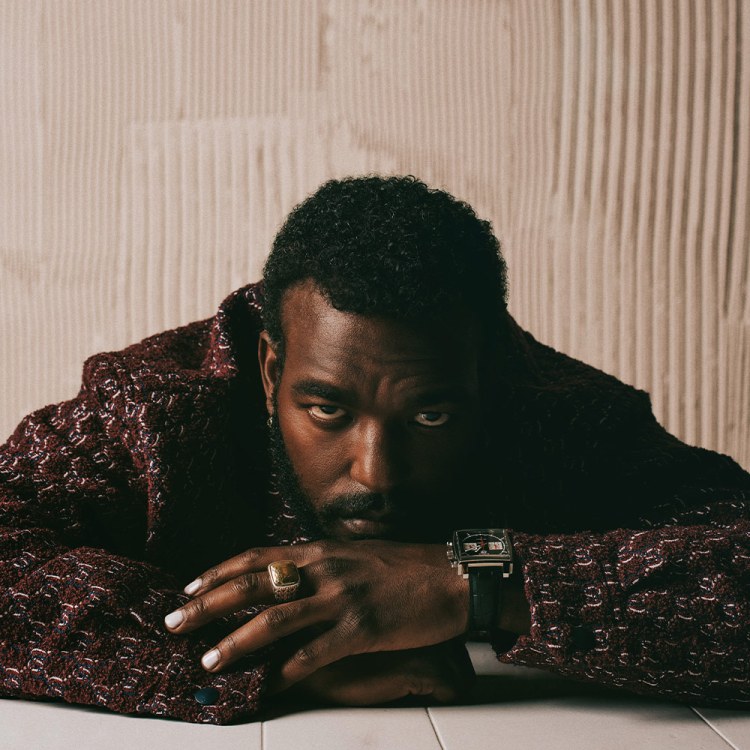The Merriam-Webster dictionary will add 840 words to its catalogue this year, and the list is dominated by internet slang and abbreviations. A new story in Mental Floss highlights 25 of the most intriguing entries, as the gatekeepers of language try to catch up with an ever-evolving web vocabulary.
The verb form of Instagram, as in ‘to instagram,’ is headed for Merriam-Webster’s pages, as is “bingeable,” defined as “having multiple episodes or parts that can be watched in rapid succession.” The world will also know what a “rando” is, defined “a random person: a person who is not known or recognizable or whose appearance (as in a conversation or narrative) seems unprompted or unwelcome.”
Despite “hangry” disguising itself as a relatively-new combination of hungry and angry, Merriam-Webster dates the first uses of the slang back to 1956. Other notable additions include classic abbreviations that will now be codified in the book, ranging from “guac” (guacamole) to “marg” (margarita).
Thanks for reading InsideHook. Sign up for our daily newsletter and be in the know.


















